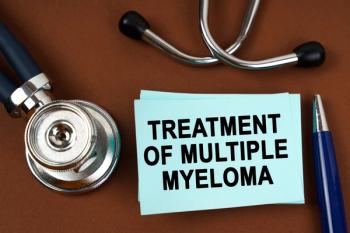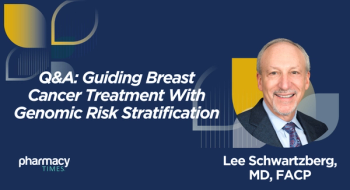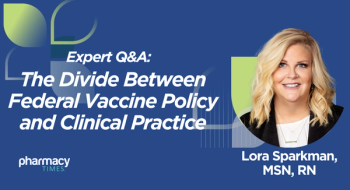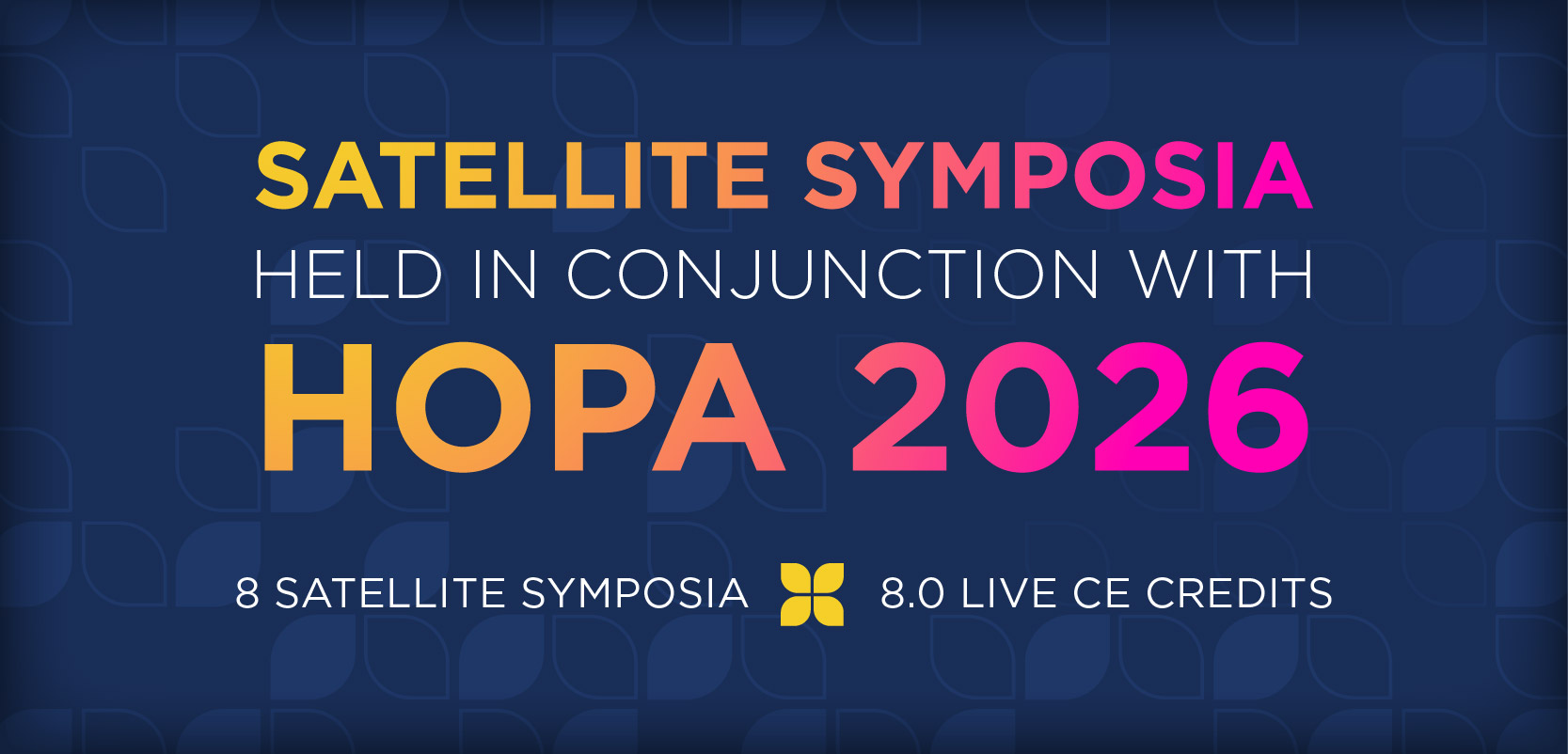
Optimized Treatment Schedule May Help Prevent Lung Cancer Drug Resistance
Combinations with hypoxia-activated prodrugs may eliminate non-small cell lung cancer tumors.
An optimized treatment schedule may help prevent drug resistance in non-small cell lung cancer (
Medications called hypoxia-activated prodrugs (HAPs) are designed to kill cancer cells in low-oxygen patches of a tumor, which are normally difficult for standard drugs to penetrate. Researchers wanted to discover how to make HAPs more effective, so they developed a mathematical model that monitors the development of drug resistance in a NSCLC tumor with a mutation in the EGFR gene.
Since erlotinib is the standard treatment for NSCLC, and most individuals end up developing resistance 12 to 18 months after starting the drug, researchers wanted to explore different combinations of erlotinib and evofosfamide (HAP). After testing a range of dosages and treatment schedules, the results showed that alternating between erlotinib and evofosfamide, while minimizing the time between each dose of evofosfamide and the next dose of erlotinib, was the most effective combination.
Additionally, these combinations were better at preventing virtual erlotinib resistance than either drug on its own.
“Use of hypoxia-activated prodrugs, if carefully timed in combination with current standard therapies, may be useful for eradicating tumors in NSCLC patients,” said senior study author Jasmine Foo.
Study authors noted that, although the findings suggest this combination of therapy is effective in NSCLC, preclinical experiments need to be done to confirm the findings before it can be tested in patients.
Newsletter
Stay informed on drug updates, treatment guidelines, and pharmacy practice trends—subscribe to Pharmacy Times for weekly clinical insights.








































